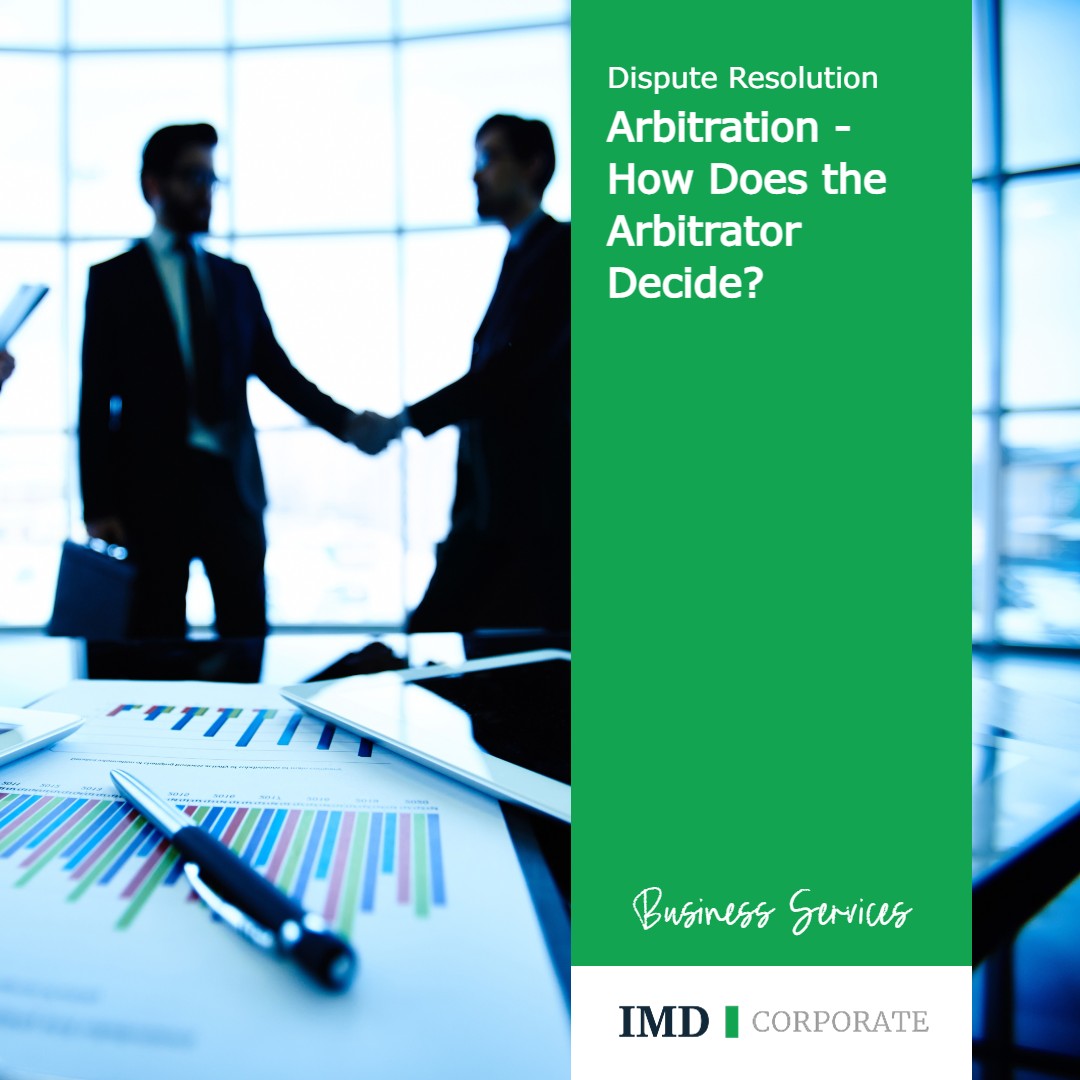
If you are involved in a dispute, you may have considered arbitration. Arbitration is one type of alternative dispute resolution (ADR), where the outcome of the dispute will be decided by an arbitrator. You do not need to go to court, and in some cases, you may not even need to meet the party you are having the dispute with to discuss the problem. The arbitrator will decide what should happen, but how do they come to their decision?
In this article, we look at how arbitration works and how the arbitrator determines the outcome.
Arbitration allows you to settle a dispute without going to court. Both parties put their case forward to an independent third party called an arbitrator. The arbitrator will take the time to listen to both sides of the dispute and look at any evidence the parties have submitted. The arbitrator will then come to a decision based on the information they have and decide what the outcome should be. They may need to meet with each party several times before reaching their decision.
The arbitrator’s decision is called an ‘award’, and the decision is legally binding. Where one party does not agree with the arbitrator’s decision, they may take the case to court to have the decision changed.
Typically, the arbitrator will set out the procedure to be followed. Both sides will have the opportunity to put forward their side of the story and submit evidence. Both sides will also be given the opportunity to respond to the case presented by the other side.
The arbitrator will gather all of the evidence, and consider the complaint based only on the evidence that has been submitted. In some cases, the arbitrator may ask either party to send further details. In consumer cases, the arbitrator may decide to visit the parties to inspect the goods or services that are the subject of the complaint.
In particularly complex cases, written evidence may not be sufficient for the arbitrator to come to a decision. They will then make arrangements to meet with the parties. It is at the arbitrator’s discretion what processes are required to gather enough evidence to decide the case. The arbitrator may also seek the advice of a technical expert to create a report or to assist them in coming to a decision.
When a decision has been made, both parties will be sent a copy of the decision, which will detail why the decision was made as well as any compensation that is to be awarded.
After all evidence has been submitted, and any additional processes followed, the arbitrator will make an award. They may also decide that the other party should pay your fee for submitting the claim for arbitration. You may also be entitled to interest on the claim, which will be paid from the date the award is made until the date the money due is paid to you. Your award may be registered in court, which allows you to enforce the award.
Where you are unsuccessful in arbitration, it can be very challenging to change the arbitrator’s decision. It is not possible to simply appeal the decision, but you may be able to make an appeal in court on the point of law. If you believe the case was not handled correctly, you should seek legal advice as soon as possible.
You can normally expect a decision from an arbitrator within 45 days of the proceedings being closed. The timescale for coming to a decision will be set by agreement between the parties to arbitration and the arbitrator.
There may also be deadlines within the process, such as you may be given a timescale in which you must reply to evidence or comments submitted by the other party – it is essential that you adhere to these deadlines.
Our team are specialists in commercial dispute resolution, and reaching a settlement best suited to your needs is our focus. Through alternative dispute resolution (ADR), we focus on achieving fast and commercially pragmatic solutions that work for your business. Get in touch to see how we can help your business.
This article is for general information only and does not constitute legal or professional advice. Please note that the law may have changed since this article was published.